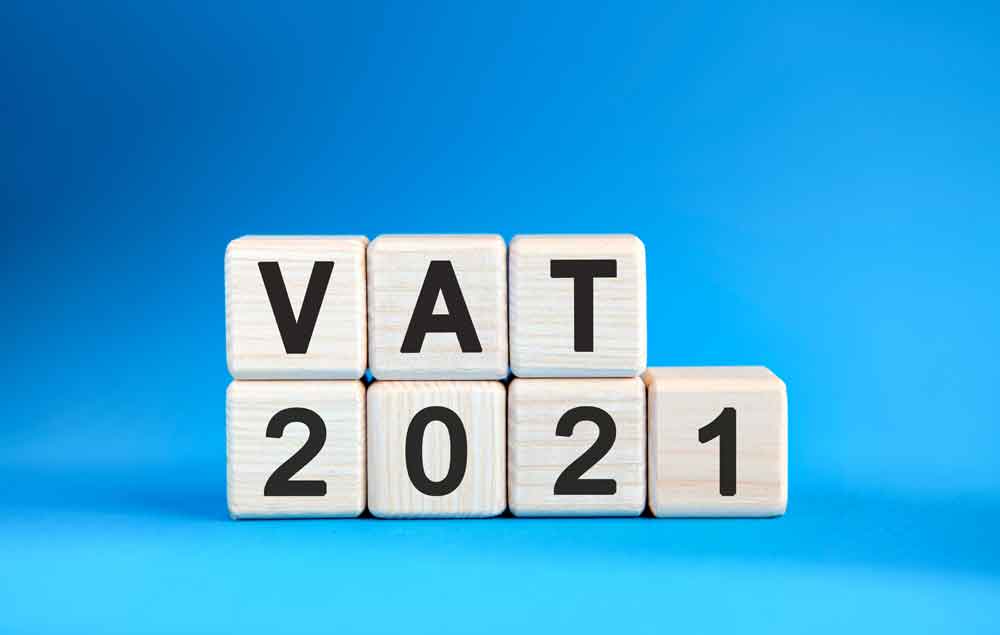E-commerce is booming, but how do the new E-commerce VAT rules and IOSS affect couriers?
Our growing addiction to buying online has been expedited by the impact of COVID and its associated lockdowns. As a result, an increasing number of us are seeing the convenience of buying from the comfort of our homes.
This increase is great for businesses (especially the online ones), but it’s not been such good news for EU governments. It’s been reported that they are currently losing an estimated €7 billion in revenue because low-value goods are exempt from VAT when imported to the EU.
As we all know, when governments lose out, changes happen.
From the 1st of July, new VAT e-commerce rules will come in, creating a uniform and straightforward set of VAT rules for all businesses involved in cross-border e-commerce. At the same time, all commercial goods imported into the EU will be subject to VAT, regardless of their value.
For e-commerce business and online marketplaces, exporting goods to customers in the EU with a value of € 150 or less, there will be two simplified VAT collection mechanisms available:
- Online sellers & online marketplaces – can collect VAT directly from the buyer, report and pay this VAT through the new online system, Import One Stop Shop (IOSS)
- Postal operators & couriers – for the declaration and payment of import VAT (special arrangements), in case the sellers or marketplaces didn’t choose to register in the IOSS
Nothing changes for the collection of customs duties and VAT on imported goods values at more than € 150.
How does the IOSS work?
Business owners and online marketplaces must provide their carrier with the information needed for customs clearance in the EU, including the IOSS VAT identification number. The IOSS VAT number is used by the postal operator or courier to declare imported goods to the customs authorities.
This is necessary to avoid VAT being charged upon importation and speed up the release for free circulation of the goods. The result should reduce strain at this critical stage of the supply chain.
If sellers don’t register in the IOSS, VAT must be collected before the goods can be delivered to the customer. Goods can only be cleared in the Member State in which the goods are to be delivered. It can be done in two ways:
- Special arrangements – postal operators and couriers collect the VAT from the customer and pay it to the relevant authorities monthly
- Standard customs procedures – customer pays the VAT to the postal operator or courier or directly to the relevant authority
Potentially, postal operators and couriers could also charge an additional clearance fee to the customer for collecting VAT and completing the necessary formalities upon the importation of goods.
Why are the rules changing?
These new rules will offer:
- Greater ownership: Postal operators and couriers are key players in the transport and distribution of goods, so they are in the frontline for declaring goods to customs
- Faster process: By moving across to electronic data transmission, processes are simplified, leading to faster customs clearance, so goods are delivered faster to the end consumer
It may be yet another change to get your head around, but it should make life easier and the process of importing goods faster in the long run.
Smart Directions offer a range of delivery options. Their commitment to accountability, service and customer support gives their customers peace of mind. Call the team on 01442 507 240.

